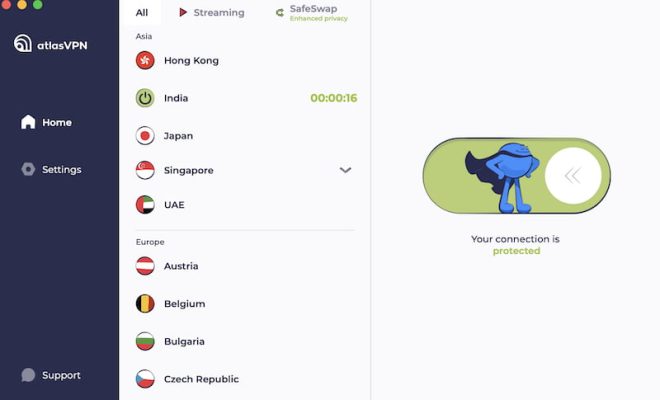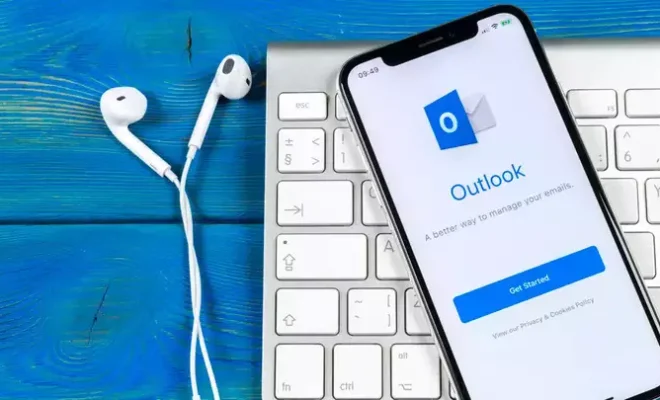How Your iCloud Can Be Hacked and How to Protect It

iCloud is a cloud storage service offered by Apple that allows its users to backup and store data on remote servers. This service is used by millions of people worldwide, and while it provides convenience and accessibility, it also poses some security risks. In this article, we’ll discuss how your iCloud can be hacked and how to protect it.
How Your iCloud Can Be Hacked:
1. Weak Passwords: The most common way your iCloud can be hacked is through weak or easy-to-guess passwords. Hackers can use brute-force methods to crack your password, especially if it’s an easy-to-guess password like “123456” or “password.”
2. Phishing Attacks: Phishing is a tactic used by hackers to obtain sensitive information from unsuspecting victims. In a phishing attack, scammers send out messages that appear to be from a trusted source (such as Apple) and ask the recipient to provide their login credentials. If the recipient falls for the scam, their iCloud account can be hacked.
3. Malware: Malware is malicious software designed to infect a device and steal sensitive information. Hackers can inject malware into your device through spam emails, fake software updates, or suspicious downloads, which can ultimately lead to your iCloud being hacked.
How to Protect Your iCloud:
1. Use Strong Passwords: Create a unique and strong password for your iCloud account. Avoid using easily guessable passwords like your name, birthdate, or simple words. Also, consider using two-factor authentication for an extra layer of security.
2. Be Wary of Suspicious Emails: Never click on links or download attachments from unsolicited emails. If you receive a message that appears to be from Apple, verify its authenticity by contacting their customer support team.
3. Install Anti-Malware Software: Installing anti-malware software on your device can help detect and prevent malware attacks. Make sure to update your anti-malware software regularly to ensure the latest protection against new threats.
4. Keep Your Device Updated: Ensure that your device and all of its software are up-to-date. Regular updates often include security patches that address known vulnerabilities.
5. Avoid Public Wi-Fi: Avoid connecting to public Wi-Fi networks, as they are often unsecured and can be a target for hackers. If you need to access sensitive information, use a secure or private network.
In conclusion, protecting your iCloud account is essential to ensure the safety of your data. By using strong passwords, being cautious of phishing emails, installing anti-malware software, keeping your device up-to-date, and avoiding public Wi-Fi networks, you can help prevent your iCloud from being hacked. Stay vigilant and stay safe!






